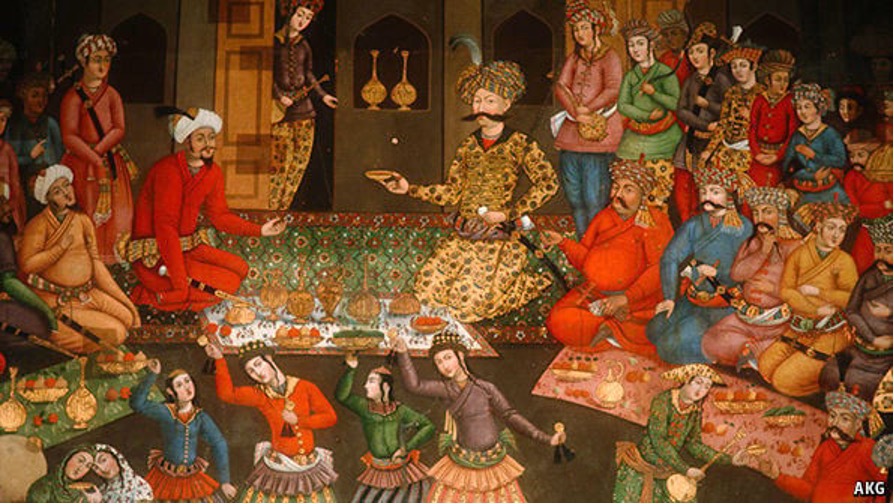The Weekly Reflektion 46/2022
Our days are full of alternatives and choices, and we need to decide which of these to follow. In our workplace we also make decisions and sometimes these can have significant consequences. We need to have a process that considers all the relevant information, the potential hazards, the uncertainties, and the consequences, before a decision is made.

Do you have a good decision process?
In last weeks Reflektion week 45/2022 we emphasised the importance of stories to promote learning and highlighted the pros and cons of ‘not letting the truth get in the way of a good story’. This week we are using a historical story, or perhaps a myth, to make a point on decisions.
The Achaemenid or Achaemenian Empire also called the First Persian Empire, was an ancient Iranian empire founded by Cyrus the Great in 550 BC. The Persians were the first people to establish regular routes of communication between three continents—Africa, Asia, and Europe. They built many new roads and developed the world’s first postal service. The Achaemenid dynasty finally fell to the invading armies of Alexander the Great of Macedon in 330 B.C and the Persian Empire never really regained its prominence after this time.
Alcohol was an important part of the Persian culture. The drinking of wine was traditional, and it is said that it played a key part in the decision-making process. The story goes that the people would get together to discuss an issue over a goblet or two or three of wine. After a time, a decision would be made, and the decision and relevant assumptions were recorded. In the morning, in the cold sober light of day, the decision would be reviewed and if it still seemed reasonable would be implemented. This approach on decisions, the delay and not the wine, is the subject of several research papers and it has been demonstrated that using some time to mull over a decision both consciously and unconsciously leads to better decisions. The term ‘sleeping on it’ is in fact a well proven technique.
In our own long experience in the petroleum industry, we remember numerous occasions where a rushed decision led to serious consequences. On reflection we considered that Friday afternoon just before the end of office hours was statistically the most likely time for an onshore decision. The call of the weekend is often just enough to tip the balance in the discussions and to achieve consensus. Sometimes the pressure to take a decision seems greater than the pressure to take a good decision.
The Challenger launch decision was made weeks before the launch and was subject to a rigorous risk assessment process, reference our Reflections in weeks 41 and 42 in 2022. Due to predicted low ambient temperatures the decision was reviewed the day before the launch. This review concluded that the launch was acceptable although this decision was later regarded as flawed. There was an opportunity to review the decision again the morning before the launch. Many people involved in the project, but not in the decision process, were surprised by the decision confirmation when they arrived for work on the day of the launch, but they accepted it and continued with the launch preparations.
We often promote the message take the time required to do the work safely. We need to ensure that this also applies to decision making. Take the time you require and if necessary, ask for an independent view. Sometimes however you just need to sleep on it.
